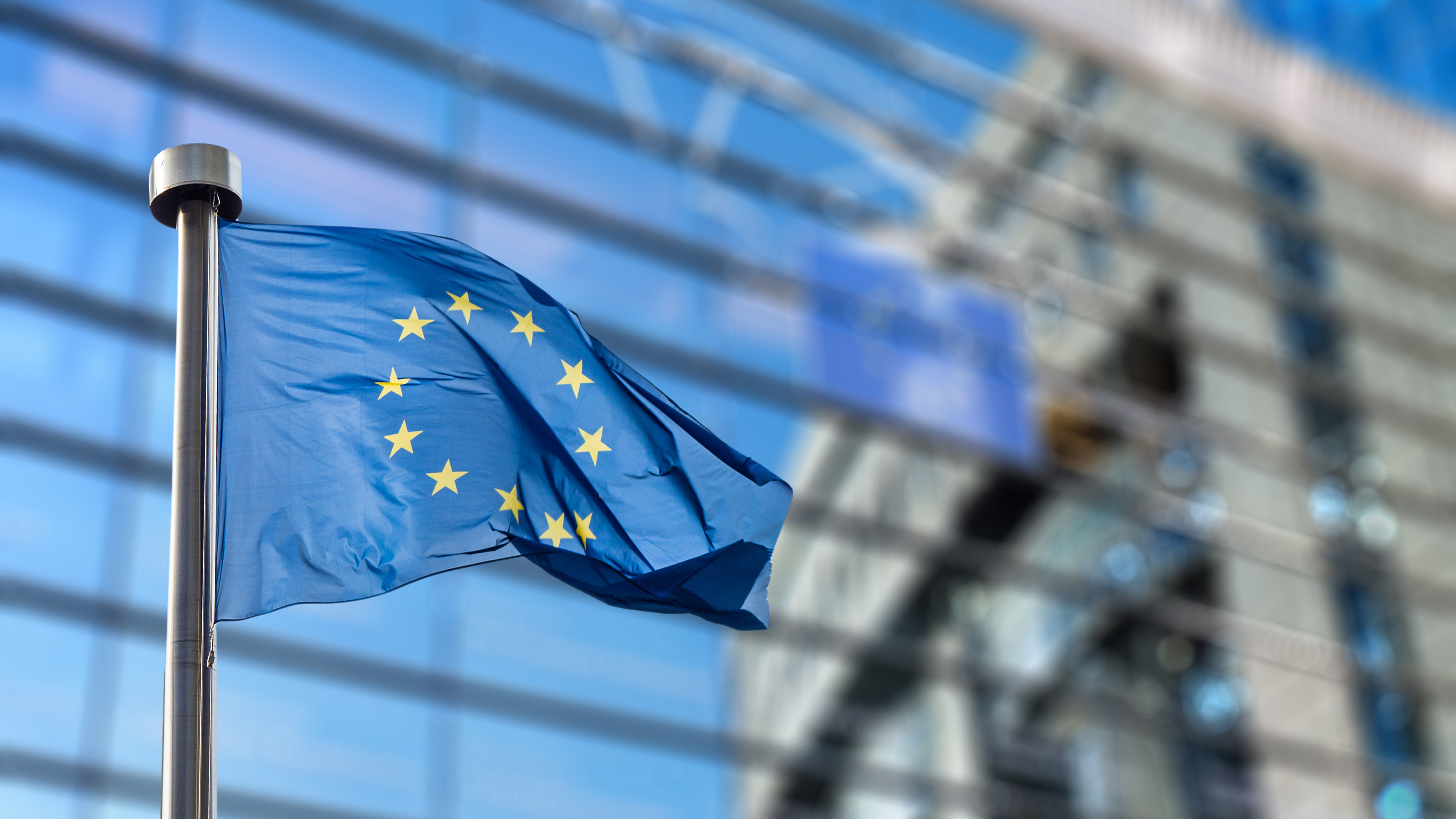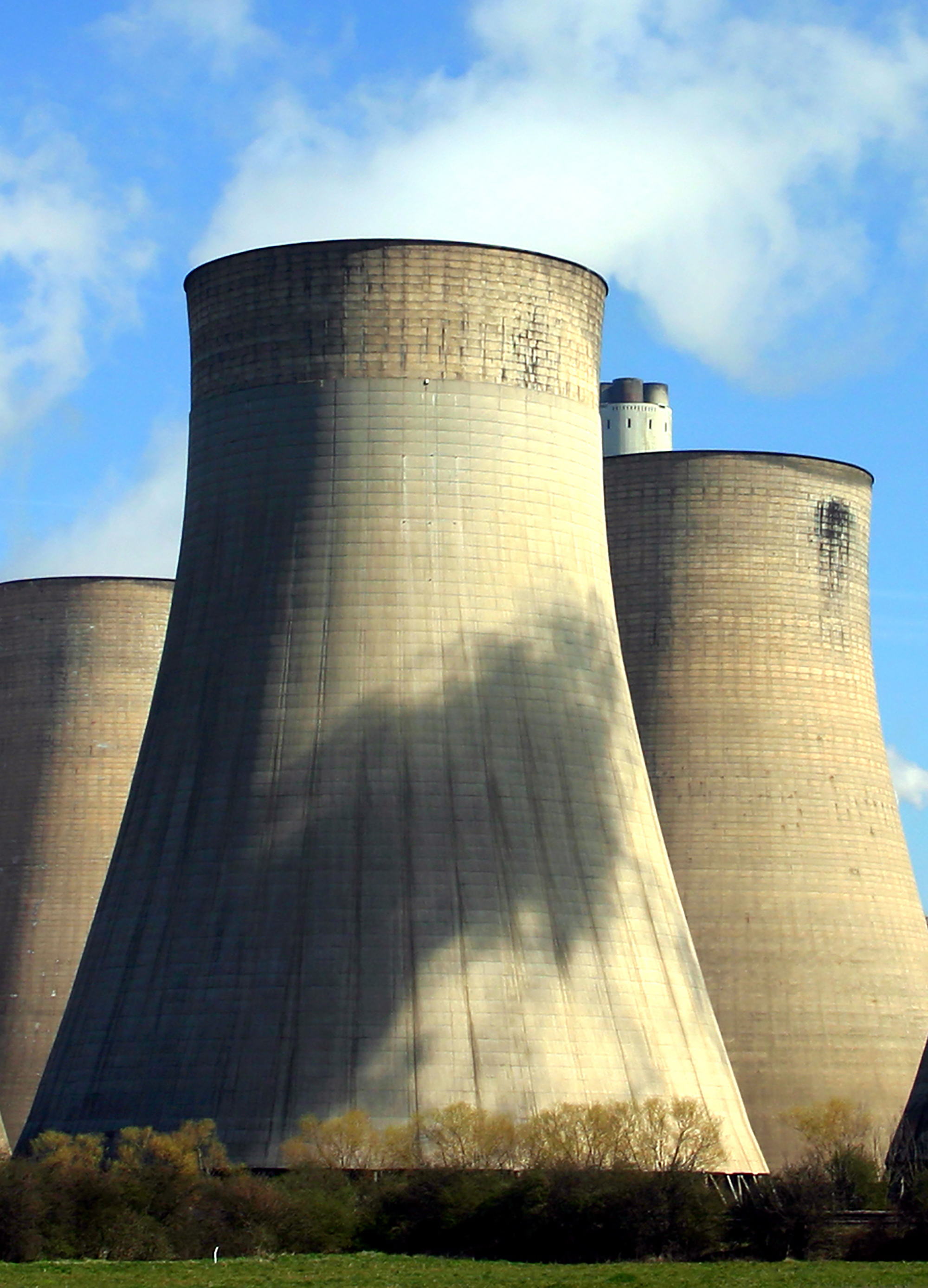In its recently released Clean Energy Package, the European Commission finally acknowledged that energy communities – such as co-operatives – have a major role to play in Europe’s energy transition.
On 30 November, 2016, the Commission published a series of proposals to reform the energy market. Referred to as EU’s “winter package” the new rules outline plans to put efficiency first and maintain the EU as a global leader in renewables. Significantly, this includes placing consumers at the centre of Europe’s energy market.
We can question whether, as a whole, the package is capable of achieving all of these goals. In fact, it is far from perfect. But one thing is undeniable: it establishes building blocks for a dedicated legal framework so that renewable energy co-operatives can participate in the energy system without being encumbered by rules that were made for old, centralised and dirty fossil fuels.
This could be a potential game changer for renewable energy co-operatives (REScoops) across the EU that want to co-operate with each other in order to change the energy system.

And it could not come fast enough. Communities in countries like Denmark, the Netherlands, Belgium and Germany have been pioneering the clean energy transition since the 1970s. Over the past decade or so, more and more citizens have been coming together to produce and supply themselves with clean renewable energy, and the trend is likely to continue.
According to a study by CE Delft, by 2050, about 187 million EU households – around 83% – could contribute to renewable energy production, demand response and/or energy storage.
People join up, not just because of competitive energy prices and investment returns, but also their desire to fight climate change, develop co-operation with their neighbours, and support the added value of community projects towards the local economy.
There is also a clear correlation between participating in a renewable energy co-operative and self-empowerment: over 40% of the members of Belgian renewable energy supplier Ecopower have also installed solar panels on their roofs.
It’s not just about renewables. Some REScoops own and operate their own local grids and they provide services to their members to help them use less energy.
It’s not stopping there either – the movement has its sights set on providing storage and demand response, and in setting up micro-grids. It is through these activities that REScoops will lead the transition towards a clean decarbonised and decentralised energy system.
At the moment, however, European energy legislation does not even mention community participation in energy production. This means REScoops must play by the same rules as large, centralised players, essentially placing REScoops at a competitive disadvantage.
Related: How Germany’s energy revolution solves more than just climate change
With the Commission’s proposed Clean Energy Package, that would change. This is encouraging news, because the old energy system can no longer support the growth of REScoops. In many ways it is even attacking community participation, as if it were a virus.
Faced with unwanted growing competition, ‘dinosaur’ energy companies have lobbied their governments, many times with success, for new laws that make it more difficult for citizens and their energy communities to compete.

And that’s not all. While in western European countries the number of community energy projects has steadily increased over time, in most eastern European countries it is still virtually impossible for citizens to do the same. This is not for pure lack of desire by citizens there to set up projects – policy frameworks play a big role in allowing or even helping them.
The Commission’s proposals address some of these issues. Perhaps most importantly, they guarantee that REScoops are entitled to participate in the energy market, not just through generation and supply of renewables, but throughout the entire energy system.
They will ensure member states have legal frameworks in place to support REScoops, simplify over burdensome regulations, and ensure they are not discriminated against. In particular, they will help ensure that REScoops are not excluded from tenders simply because they have less financial and human resources than larger players with big portfolios of projects.
There is still a need to go further. National regulators need to be encouraged to better understand the REScoop model, but there is no strong push at the moment to change this.
Renewable energy co-operatives also need to be ensured a seat at the table as further European energy regulations and guidelines are developed, particularly through a potential new DSO body. REScoops need guarantees that they will be able to input into national plans that member states develop in order to contribute to the achievement of the EU’s 2030 climate and energy goals.
Overall, the Commission has demonstrated that it understands the success of the energy transition hinges on ensuring local citizens can exercise their right to choose. This extends to citizens generating and supplying themselves – both individually and collectively – with renewable energy.
The outcome on the details is far from certain. It is now time for national and EU politicians, decision makers and regulators to jump on board with the idea. One thing is certain though: REScoops should continue to trail blaze the energy sector to make it more democratic and beneficial for citizens.
What is the Energy Directive – and how does it affect co-ops?
The 2012, the European Commission’s Energy Efficiency Directive established a set of binding measures to help the EU reach its 20% energy efficiency target by 2020. The directive said that saving 20% of the EU’s primary energy consumption by 2020 [compared to projections] would:
- improve the EU’s security of supply
- help to reduce greenhouse gas emissions in a cost-effective way and thereby help mitigate climate change
- shift the EU to a more energy-efficient economy, and so accelerate technological solutions and improve competitiveness
- boost economic growth and create high quality jobs in several sectors related to energy efficiency.
What is in the update?
On 30 November 2016 the European Commission proposed an update to the Energy Efficiency Directive, including a new 30% energy efficiency target for 2030 to keep the EU competitive as the clean energy transition is changing global energy markets: “The Commission wants the EU to lead the clean energy transition, not only adapt to it.”
The proposals have three goals:
- putting energy efficiency first
- global leadership in renewable energies
- providing a fair deal for consumers.
A version of this piece has previously been published on Euronews.

